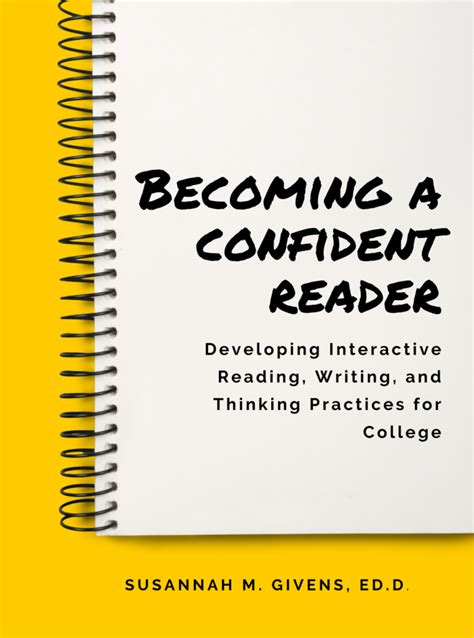Become a Confident Reader: Ryan Reid's Supportive Guide
Reading is a fundamental skill, yet many struggle with confidence and fluency. This guide, inspired by the supportive approach of a hypothetical reading coach, Ryan Reid, aims to empower you to become a more confident and capable reader. We'll explore various techniques and strategies to overcome common reading challenges and foster a love for reading.
What are the common challenges faced by struggling readers?
Many individuals grapple with reading difficulties, stemming from various factors. These challenges often intertwine, creating a complex hurdle to overcome. Some common obstacles include:
- Poor decoding skills: Difficulty breaking down words into their individual sounds (phonemes) and blending them together to pronounce words accurately. This is especially prevalent in younger readers but can affect adults as well.
- Limited vocabulary: A small vocabulary restricts comprehension, as unfamiliar words impede the understanding of sentences and passages.
- Slow reading speed: Struggling to read at a pace that allows for comprehension and enjoyment can be frustrating and lead to avoidance of reading.
- Lack of comprehension: Difficulty understanding the meaning of what is being read, even if the individual can decode the words. This can be due to various factors, including weak background knowledge or poor reading strategies.
- Negative experiences with reading: Past negative experiences, such as struggling in school or feeling pressured to read, can create anxiety and aversion to reading.
- Dyslexia and other learning disabilities: Learning disabilities like dyslexia significantly impact reading abilities and require specialized support.
How can I improve my reading comprehension?
Improving reading comprehension involves a multi-pronged approach. Here are several key strategies:
- Active reading techniques: Engage actively with the text, highlighting key points, taking notes, and summarizing sections. Ask yourself questions as you read to check your understanding.
- Vocabulary building: Expand your vocabulary by reading widely, using a dictionary and thesaurus regularly, and actively learning new words in context.
- Improving reading speed: Practice speed reading techniques, such as minimizing subvocalization (reading aloud in your head) and focusing on key words and phrases.
- Background knowledge: Gaining background knowledge on the topic of the text before reading can significantly enhance comprehension.
- Context clues: Learn to use context clues within the text to determine the meaning of unfamiliar words.
How can I make reading more enjoyable?
Reading shouldn't be a chore; it should be an enjoyable and enriching experience. Here are some tips for making reading more enjoyable:
- Choose books you're interested in: Select books that align with your interests and preferences. Don't force yourself to read something you don't enjoy.
- Create a comfortable reading environment: Find a quiet, comfortable space with good lighting to enhance your reading experience.
- Set realistic reading goals: Start with short reading sessions and gradually increase the duration as your confidence and stamina improve.
- Join a book club: Discussing books with others can enhance your understanding and enjoyment.
- Read different genres: Explore different genres to broaden your horizons and discover new interests.
What resources are available to help improve my reading skills?
Numerous resources are available to support reading development, catering to diverse needs and learning styles. These include:
- Online reading programs: Numerous websites and apps offer interactive reading exercises and lessons.
- Libraries: Libraries offer a vast collection of books and resources, along with reading programs and support for learners.
- Tutors and reading specialists: Professional tutors can provide personalized support and guidance for struggling readers.
- Reading apps and software: Many apps offer engaging ways to practice reading and build vocabulary.
Are there specific techniques for improving reading speed?
Yes, several techniques can help improve reading speed while maintaining comprehension. These include:
- Chunking: Reading groups of words together instead of individual words.
- Minimizing subvocalization: Reducing the tendency to read aloud in your head.
- Improving eye movement: Practicing techniques to improve the efficiency of your eye movements across the page.
- Using a pointer: Using a finger or pen to guide your eyes across the page can improve focus and speed.
What if I have dyslexia or another learning disability?
If you suspect you have a learning disability affecting your reading, seeking professional assessment and support is crucial. Specialized educators and therapists can provide tailored strategies and interventions to address your specific needs. Don't hesitate to reach out for help – early intervention is key.
This guide, inspired by the supportive approach of a fictional reading coach, aims to empower you to overcome challenges and cultivate a lifelong love of reading. Remember, progress takes time and patience. Celebrate your achievements, and don't be afraid to seek help when needed. With dedication and the right strategies, you can become a confident and proficient reader.

